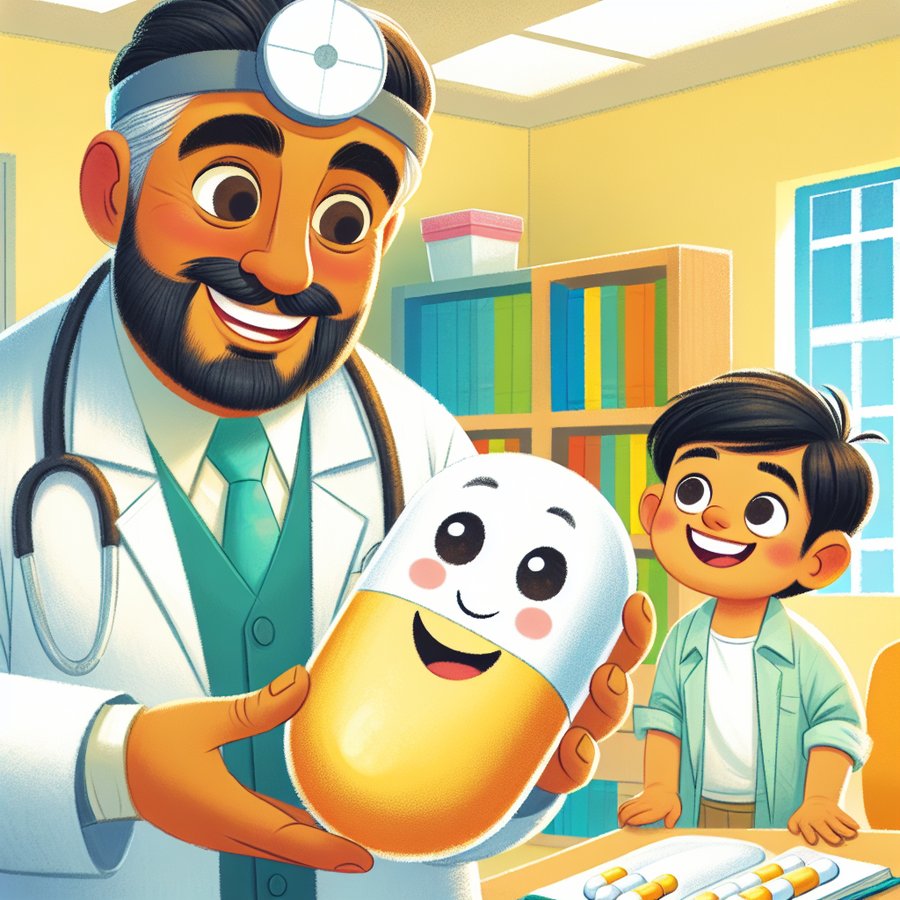Seeing your baby in discomfort or distress is every parent’s nightmare, especially when it’s a reaction to a medication meant to help them, such as antibiotics. Antibiotics reaction in babies can vary from mild to severe and understanding these reactions is crucial for every new parent. This article will walk you through what you need to know about antibiotics reaction in babies, the signs to look out for, how to manage these reactions, and steps you can take to prevent them.
What is an Antibiotics Reaction?
Antibiotics are powerful medicines used to treat bacterial infections. However, like any medication, they can sometimes cause adverse reactions in some individuals, including babies. An antibiotics reaction can range from a mild rash to more severe forms like anaphylaxis, which is a rapid, life-threatening response. It’s essential to differentiate between a mild side effect and a severe allergic reaction to ensure your baby’s safety.
Understanding the types of reactions and their causes can help you better manage and possibly prevent these uncomfortable situations. For instance, some reactions are due to the antibiotic itself, while others might be caused by the body’s immune response to the medication.
Signs of Antibiotics Reaction in Babies
Identifying an antibiotics reaction early is vital in managing it effectively. Common signs include skin rashes, itching, swelling of the face or lips, and difficulty breathing. However, symptoms can vary widely, making it important to monitor your baby closely whenever they start a new medication. If you notice any unusual symptoms after your baby takes antibiotics, it’s crucial to contact your healthcare provider immediately.
In addition to the visible signs, your baby might also experience gastrointestinal symptoms like vomiting or diarrhea. These reactions can sometimes be confused with other conditions, so obtaining an accurate diagnosis from a healthcare professional is important. For more detailed information on managing these symptoms, you might find this article helpful.
How to Manage an Antibiotics Reaction
If your baby shows signs of an antibiotics reaction, it’s essential to act quickly. For mild reactions, your doctor might recommend stopping the antibiotic and possibly prescribing a different one. In cases of more severe reactions, immediate medical attention is necessary. Always follow your healthcare provider’s instructions carefully to ensure the safest course of action for your baby.
Managing your baby’s comfort during this time is also important. Depending on the symptoms, certain home remedies and over-the-counter medications can help alleviate discomfort under the guidance of your healthcare provider. For tips on comforting a distressed baby, consider reading this helpful guide.
Preventing Antibiotics Reaction in Babies
While it’s not always possible to prevent an antibiotics reaction, there are steps you can take to minimize the risk. These include ensuring your healthcare provider is aware of any family history of allergies, closely monitoring your baby after they start a new antibiotic, and following the prescribed dosages accurately. Additionally, maintaining a record of any previous reactions to medications can be incredibly helpful for future reference.
It’s also beneficial to be informed about the common antibiotics that are more likely to cause reactions in babies. Some antibiotics have a higher rate of reactions than others, and knowing which ones can help you discuss alternatives with your healthcare provider. For more information on antibiotics commonly used in babies, click here.
When to See a Doctor
If your baby experiences any signs of an antibiotics reaction, it’s crucial to contact your healthcare provider immediately. Do not wait for the symptoms to worsen before seeking medical advice. Early intervention can prevent more severe complications and ensure the well-being of your baby.
In summary, while antibiotics are essential in treating bacterial infections, they can sometimes lead to adverse reactions in babies. Being aware of the signs of an antibiotics reaction, knowing how to manage them, and taking steps to prevent future reactions are key components of keeping your baby safe and healthy. Always consult with your healthcare provider for the most accurate advice and treatment options for your little one.
For parents seeking more information on baby health and wellness, our website offers a wealth of resources on various topics that can help you navigate the challenges of parenting.













